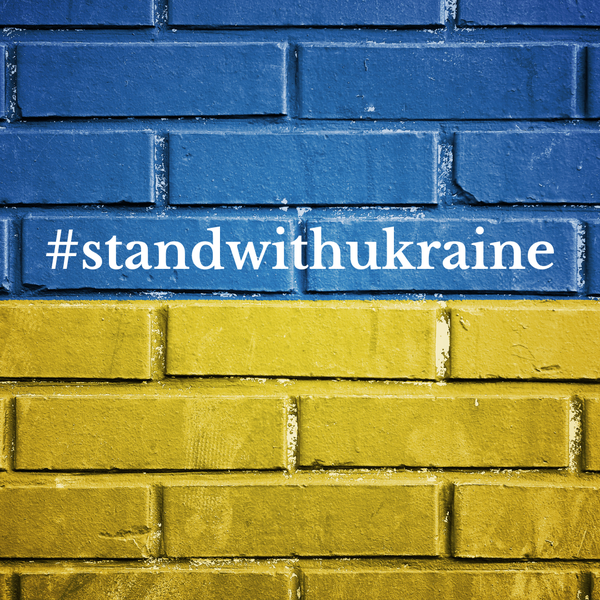The war in Ukraine is a threat to intellectual freedom

The Russian aggression and invasion on the territory of Ukraine leaves me speechless. February 24 showed that Europe clearly underestimated Putin’s expansionist plans and his worldview that puts the peace in Europe at risk. Although I wished to avoid the rhetoric of an East-West-divide of Europe, it is particularly painful to see that the Western European countries ignored the warnings of Poland and the Baltic states and their request for strengthening military presence at the Eastern EU borders. The unconditional will of disarmament stood above the realistic assessments of Russian foreign policy plans.
For academia, the war will have far-ranging consequences as the ongoing attacks on civil infrastructure are destroying also libraries, archives, universities. War thus always is a threat to culture and knowledge production; it is targeting national memory and identity which is based not only on rich collections of historic documents but first and foremost on the people shaping this part of Ukrainian culture with their research. It is the people behind academic titles and degrees who ensure the place of Ukraine in international academia: through innovative ways of thinking, cutting-edge research, transnational exchange of knowledge, and cross-border collaboration. International funding institutions should give preference to Ukrainian applicants. It is the least contribution to preserve the intellectual and educational freedom of the country.
There are more important things these days than the future of a research project but the war will affect my academic work too: My project was supposed to include Belarusian and Ukrainian cities. Right now, research trips to both countries are impossible. I am in the privileged position to explain my adaptions, to look for other ways to conduct my research. But in the face of the war cruelties, these issues seem trivial. My thoughts are with all Ukrainian researchers and their families.
(on behalf of the UMM Team)